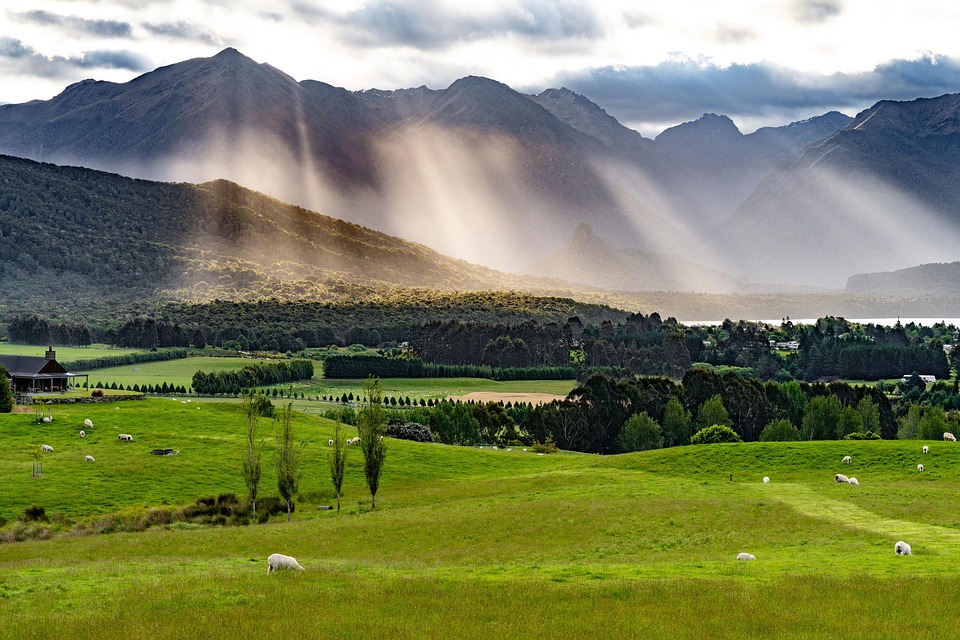After ten days of air strikes initiated by Israel aimed at paralyzing the Iranian nuclear program which led to fatal daily exchanges of missile shots between Tehran and Tel Aviv, the UN chief said that diplomacy should now prevail.
“” We are now likely to go down into a reprisals after reprisals“He said, responding to the American intervention overnight to support the military campaign of Israel, which targeted three installations involved in the enrichment of uranium.
Back to essential serious negotiations
“” We must act – immediately and decisively – to stop fighting and return to serious and supported negotiations on the Iranian nuclear program“Added Mr. Guterres.
He told ambassadors that citizens in the wider region of the Middle East could not have another cycle of destruction yet. Demanding a ceasefire, he also put Iran to note that he must “respect” the treaty of non-proliferation on the development of nuclear weapons as the cornerstone of peace and security in the world.
Iran has always denied the allegation of Israel and others that its ambitions should become a nuclear armed state, compared to atomic energy for purely peaceful purposes.
Israel, the United States and Iran face a brutal choice. “A path leads to a broader war,” continued the UN chief, “deeper human suffering and serious damage to international order. The other leads to de -escalation, diplomacy and dialogue. ”
Grosi warns against major risks after the strikes
The head of the UN guard dog with atomic energy, the Aiea,, Inflected ambassadors The recent military strikes of Israel and now the United States on nuclear sites in Iran have seriously compromised security and could present serious risks if the situation is getting worse.
The director general of the International Atomic Energy Agency Rafael Grossi said that the attacks had caused “a Strong degradation of nuclear safety and safety“, Even if there had been no radiation leaks which could potentially have an impact on the public so far.
The head of the IAEA warned the ambassadors that if the short window of opportunity to return to the dialogue closes, the destruction could be “unthinkable” while The global nuclear non-proliferation regime “as we know, it could collapse and fall”.
Grossi confirmed that the main establishment of enrichment of Iran in Natanz had undergone major damage, in particular key electricity infrastructure and underground rooms containing uranium materials.
He said that the main concern inside the site was now chemical contamination, which can be dangerous if it is inhaled or ingested.
Massive radiation leak always possible
He also listed damage to other nuclear sites across the country, including Esfahan, Arak and Tehran, adding that if the radiation levels remained normal, the attacks had made the alarm on the Iran operational nuclear power plant in Bushehr.
Mr. Grossi warned that any strike on Bushehr could trigger a release of massive radiation in the region. “The risk is real,” he said. “Military climbing threatens lives and delays diplomacy which is necessary to resolve this crisis.”
He urged all parties to be restrained and said that the AIEA was ready to return experts to help monitor and protect damaged nuclear sites.
High person in political affairs: “no military solution”
Deputy Secretary General for Political Affairs Miroslav Jenča told ambassadors that the world was facing a “dangerous moment” after the American bombing mission, while Iran considers potential reprisals.
He warned the Council that the region risks being “engulfed in new instability and volatility”, with “no military solution to this conflict”.
Mr. Jenča confirmed important damage to Iranian sites, citing open -source satellite imagery and Iranian relationships that the tunnels and buildings of the Fordwow nuclear installation had been affected. He urged Tehran to Give IAEA inspectors to access “as soon as the security conditions allow”.
Death assembly
Hostilities between Iran and Israel are now in their tenth day, and Jenča said that humanitarian toll was riding. “” Most [of the 430 killed in Iran] have been civilians, “he noted, while also citing Israeli reports out of 25 dead and more than 1,300 injured.
He also reported growing threats from non -state armed groups, including Houthis in Yemen, warning that their reprisals could widen the conflict. The Iranian parliament, on the other hand, expressed its support for the closure of the crucial commercial road through the narrow Strait of Hormuz.
“” The world will not be spared ramifications of this dangerous conflict “,” Mr. Jenča said, urging countries to act in accordance with international law and Charter of the United Nations.
Originally published at Almouwatin.com







